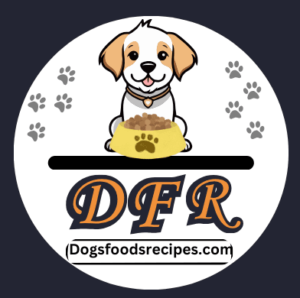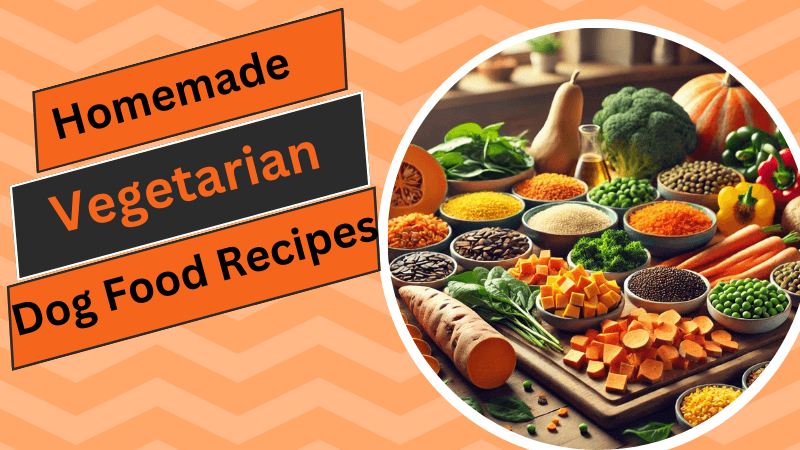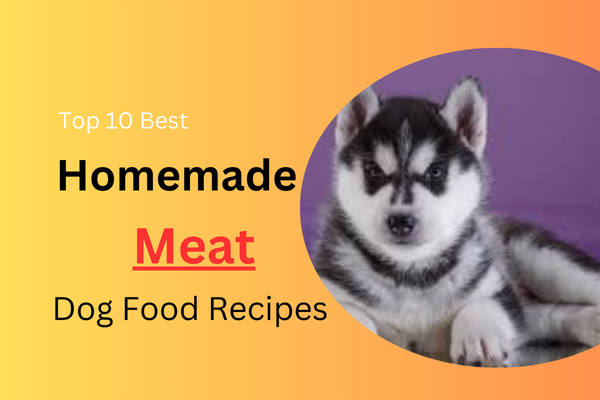Introduction to Vegan Dog Food
Selecting food for your dog is not merely a question of preference-maybe bacon this time and beef the next; it is about catering for the dog’s nutritional needs as well as picking something which you judge to be the right thing to feed your dog. More pet owners are being drawn to vegan dog food because of its benefits therm such as using only vegan ingredients, and being more environmentally friendly and healthy than traditional dog foods.
Why Consider Vegan Dog Food?
It may be an easy success to achieve all the objectives that come with vegan diet for your dog as indicated in the following ways;- It is not uncommon for dogs to react positively to plant based meals and their health and vitality improves.
Facing Everyday Misconceptions
Still today, there is some notion people have about their dogs being obligate meat-eaters, which is not a fact. Dogs are a type of animals that can digest plant products alongside animal products and be healthy as long as the nutrients are fairly distributed.
Benefits of Vegan Dog Food
Health Benefits for Dogs
- Improved Digestion: Dietary formulation of vegetarian recipes is preferred for dogs since they are easier to digest, particularly for those who have problems digesting meat.
- Reduced Allergies: Some common factors that cause allergies in dogs include, using vegan diets could help heal these allergies.
- Weight Management: Vegan diets may also be better for weight control since they contain less fat.
Ethical and Environmental Impact
- Cruelty-Free: when you say ‘vegan’, you are making sure you’re opposed to factory farming and animal abuse.
- Sustainability: Going vegetarian or vegan can save up to 40 percent of water and decrease greenhouse gas emissions compared to meat-containing diets.
Can Dogs Thrive on a Vegan Diet?
Dietary Needs of the Dog
To ensure your dog thrives on a vegan diet, their meals must include:
- High-quality protein sources
- Essential fatty acids
- Vitamins B12 and minerals calcium, zinc
Veterinary Perspectives on Plant-Based Diets
Most veterinarians admit that a vegan diet can be perfectly healthy for dogs as long as it is balanced properly. However, before making the switch, an important consultation with a vet or a pet nutritionist is needed.
Essential Ingredients in Vegan Dog Food
Protein Sources
- Lentils and Chickpeas: Rich in protein and easy to digest.
- Quinoa: A complete protein containing all essential amino acids.
Carbohydrates, Vitamins, and Minerals
- Sweet Potatoes: Provide energy and are loaded with beta-carotene.
- Spinach and Kale: Excellent sources of iron and calcium.
Homemade Vegan Dog Food Recipe
Ingredients:
- 1 cup quinoa
- 2 cups sweet potatoes, diced
- 1 cup lentils, cooked
- 1/2 cup spinach, chopped
- 1 tablespoon flaxseed oil (source of omega-3)
- 1/2 teaspoon turmeric (anti-inflammatory benefits)
Instructions:
- Cook the quinoa and lentils separately according to package instructions.
- Steam or boil the sweet potatoes until soft.
- In a large bowl, mix the quinoa, lentils, sweet potatoes, and spinach.
- Add the flaxseed oil and turmeric, stirring until well combined.
- Cool before serving, and store leftovers in the refrigerator.
Pre-Made Vegan Dog Food Options
For people who like to buy their foods at the store, several reliable brand offers high-quality vegan dog food.
Top Brands for Vegan Dog Food
- V-Dog: It has been much loved for many years for providing balanced, nutritionally complete meals.
- Halo Vegan Garden of Vegan: Produced from organic, non-GMO vegetables and grains.
- Natural Balance Vegetarian Formula: Designed for optimum feeding for dogs with special/limited diets.
What to Look for When Buying
- Complete Nutrition: Make sure the food passed the standard set by AAFCO (Association of American Feed Control Officials).
- Ingredients List: Seek out sources such as peas and lentils and do not accept fillers or any artificial additives.
- Brand Reputation: Only choose from the list of the most popular and recommended companies.
Possible Problems and How to Avoid Them
But yes, introducing your dog to a vegan diet is not easy, but with a vet’s help, these challenges can easily be neutralized.
Addressing Allergies
One consequence of following the preference in vegan foods is that the number of allergies one often gets from foods is usually brought down, anyone who is practicing veganism should try to find out whether they have developed other allergies concerning the foods that are vegan. For example:
- Monitor Symptoms: Some of it may show symptoms like itching, digestive problems, or being tired all the time.
- Ingredient Testing: New ingredients should be added into the food gradually so as to; determine if there are any allergic reactions in the patients.
- Consult Your Vet: A professional can suggest which of the two should be avoided, or alterations to be made on the recipe.
Being Nutrient Complete
One problem that people encounter when practicing veganism is getting their nutrients wrong. To address this:
- Vitaminuma ases sufficiently doughs (e.g., nutritional yeast to fortify B12).
- Dietary supplements specific to dogs must also be added to help the heart function well, for example, taurine and L-carnitine.
- Use recipes prepared by Veterinary nutritionists or professionals in the areas of canine diets.
- Transitional Guidelines for Overcoming Vegan Diet Challenges for Your Dog
Gradual Diet Changes
Sudden changes in your dog’s diet can disrupt its digestive tract. Instead:
- To begin with, they should take 25% vegan food and 75% of their normal foods.
- Accommodate vegan food gradually with at least 7 days to 10 days before going fully vegan.
- Ensure your dog is comfortable and shows no signs of distress during the transition.
Monitoring Your Dog’s Health
Regular check-ups are critical to ensuring your dog thrives on their new diet.
- Track weight and energy levels.
- Watch for changes in coat quality or behavior.
- Maintain open communication with your vet for periodic health assessments.
Vegan Dog Food: Trustworthy Recommendations
Evidence-Based Information
This guide is based on the data collected from various authoritative veterinary resources and pet nutritionists. In this way you exclude any experiments on your dog’s health and use only checked recipes and balanced commercial products.
Importance of Expert Guidance
Before making drastic changes to ones diet one should always seek medical advice from a health care expert. Consulting a professional means your pet receives the nutrients it needs for its health throughout its life.
Conclusion
Changing your dog to a vegan diet is a way of living your ethics out for your dog’s diet. No matter if you decided to cook it yourself or buy ready food from retailers, vegan diet for your dog is absolutely healthy and safe as well as making a positive change in the world!
FAQs About Vegan Dog Food
Can all dogs eat vegan food?
Let me clearly state that it is possible to feed most dogs vegan and the key here is ensure that the diet is nutritionally complete. But there are cases like puppies, pregnant dogs and dogs that have diseases that needs extra attention.
What supplements are needed in vegan dog food?
Among the main supplements, one will find taurine, L-carnitine, B12, and omega 3 fatty acid.
How would I know that my dogs are fine when shifting to vegan foods?
Lively, alert demeanour, good weight, thick, glossy coat are good signs that refer to the health of the pet dog. If you experience any complications , contact your vet.
Is it possible for me to feed vegan to my dog?
Still, unlike raw vegan diets are relatively safe and do not cause any malnutrition or food borne illness states, the diets must be well crafted in the rawest sense of the word.
Is vegan dog food expensive?
Store-bought vegan food may be expensive, however making your vegan food at home is cheap since you get to consider your dog’s needs.







